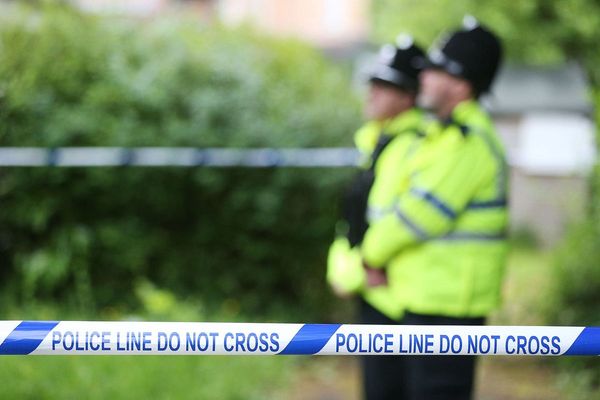
Former President Donald Trump is currently attending a court hearing where E.J. Carroll, his accuser, is set to testify in a defamation case against him. The courtroom proceedings will offer a face-to-face encounter between the two parties, with Carroll presenting her side of the story. In a previous legal battle, Carroll successfully sued Trump for sexual battery. However, this new case revolves around defamation, specifically concerning remarks Trump made about Carroll in 2019.
Carroll's attorneys argue that Trump's comments caused immense damage, resulting in the loss of her sense of safety and irreparable harm to her reputation. They assert that Trump's words were defamatory and seek to hold him accountable for the consequences. On the other hand, Trump's legal team contends that Carroll exploited her encounters with the former president to gain publicity and further her own interests.
The spotlight on this high-profile court case raises important questions surrounding the responsibilities of public figures when making statements about others. Defamation lawsuits often center on the balance between protecting an individual's reputation and safeguarding freedom of speech.
Carroll's allegations against Trump first emerged in a 2019 book, where she accused him of sexually assaulting her in a department store dressing room during the mid-1990s. In response, Trump denied the claims and publicly criticized Carroll, questioning her credibility. It is these remarks that form the basis for Carroll's defamation lawsuit.
As the courtroom drama unfolds, all eyes are on Carroll, who is now tasked with presenting evidence and testimony to support her claims. The outcome of this legal battle could have significant implications for both Trump and Carroll, shaping their personal narratives and influencing public opinion.
This case highlights the ongoing legal battles faced by Trump both during his presidency and in the aftermath. From allegations of sexual misconduct to defamation claims, his actions and statements have been subject to intense scrutiny and legal challenges.
It is worth noting that the court hearing is not a criminal trial. Instead, it is a civil case where Carroll seeks financial damages for the harm she alleges she has endured as a result of Trump's remarks. The outcome of this trial may provide important judicial precedent for future cases involving defamation by public figures.
Regardless of the verdict, this case serves as a reminder of the consequences that public figures may face for their words and actions. It also brings attention to wider discussions about accountability, the limits of free speech, and the importance of maintaining an individual's reputation.







